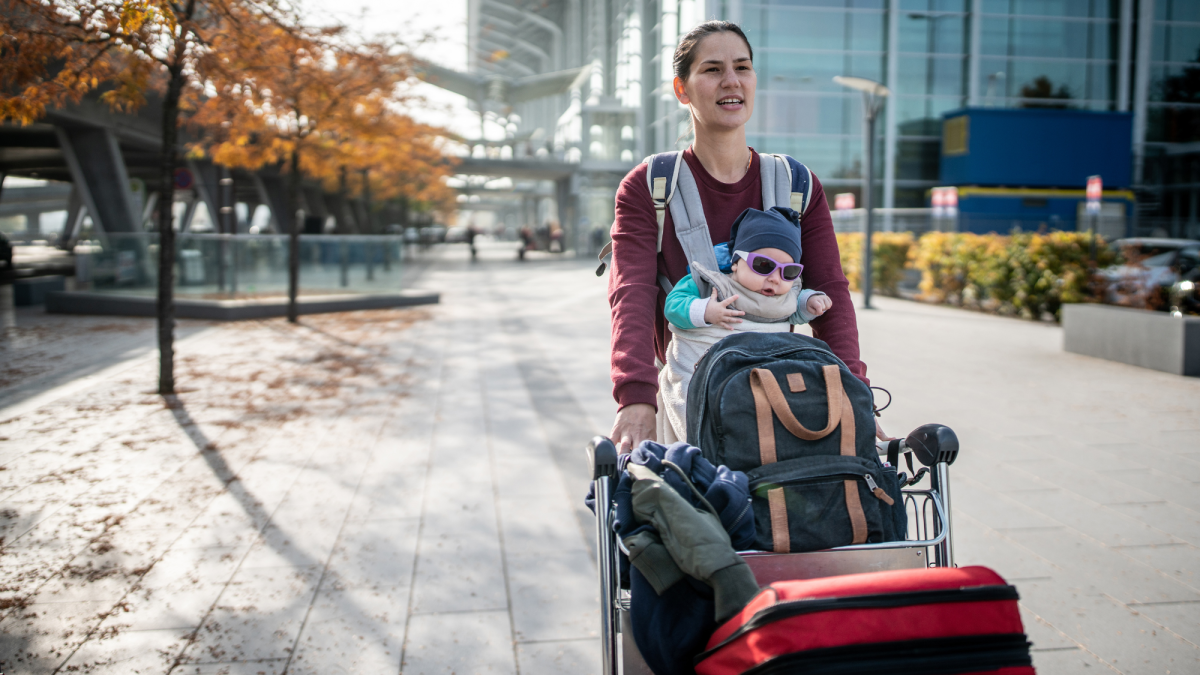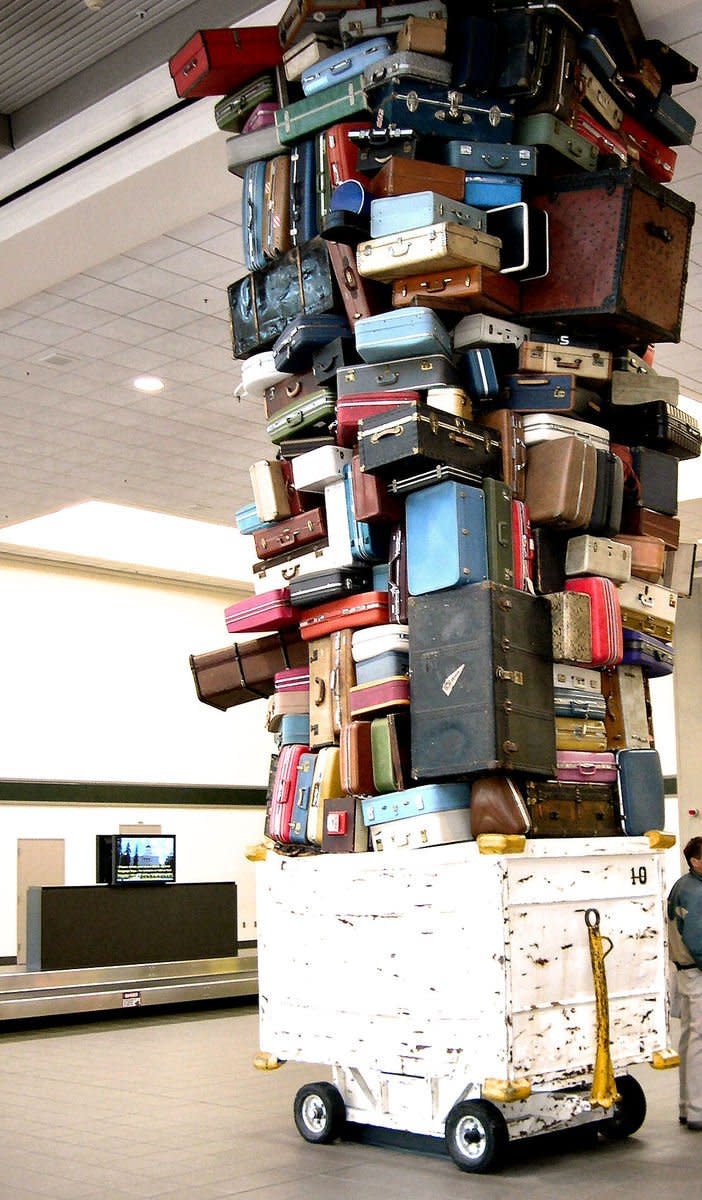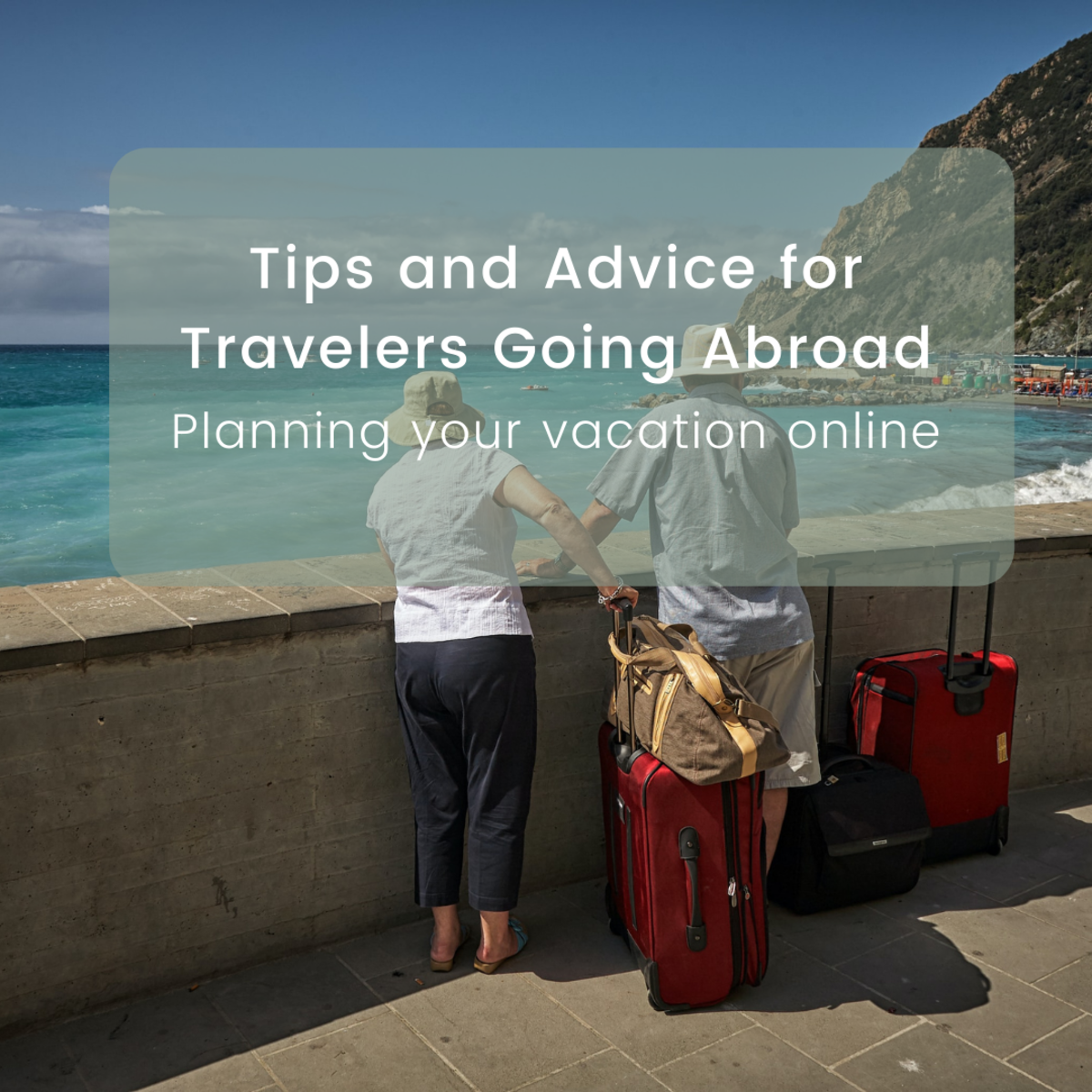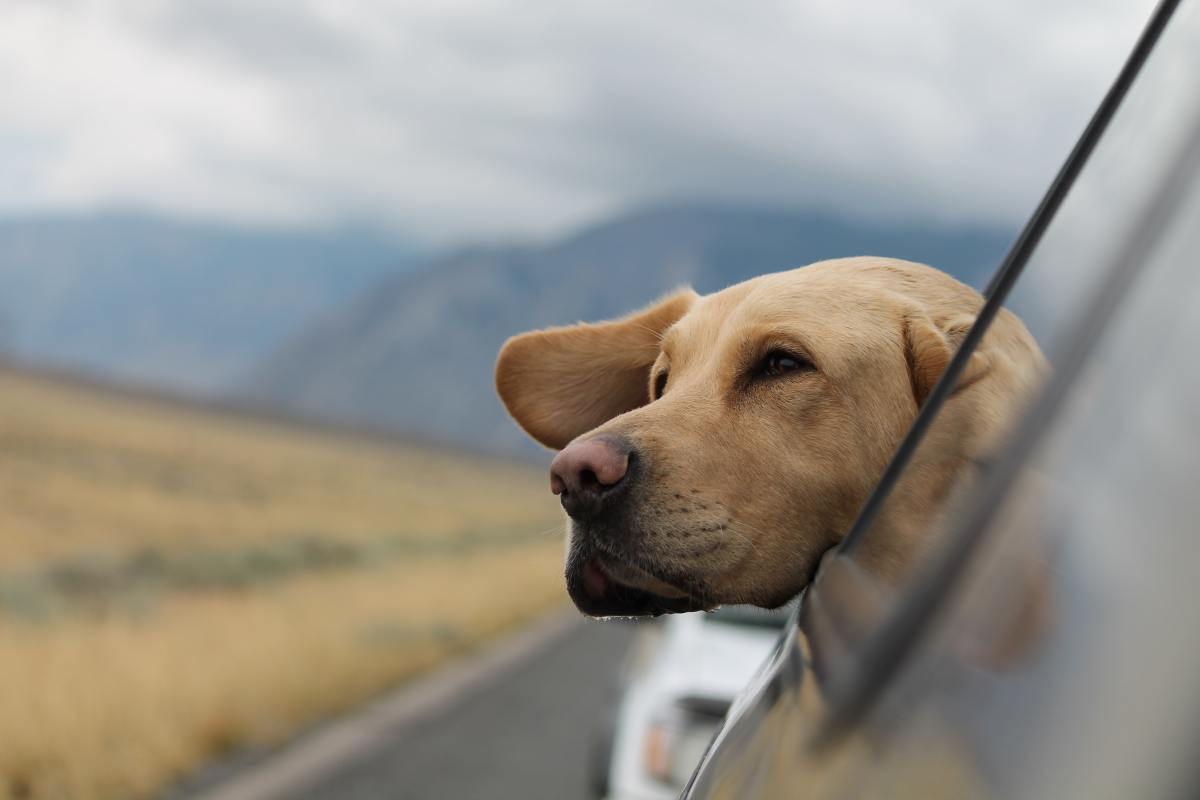Travelling Overseas with a Weak Dollar
- Forex Trading Guide
Forex, or the foreign exchange market (also commonly known as FX or simply, “currency”) involves trading one currency for another. Forex is by far and away the largest financial market in the world. Trades...
Disclamer
I am not experienced in currency trading. I am not advocating that you undertake technical Forex trading - if you are interested in the technical details check out Mark's excellent Forex Trading Guide.
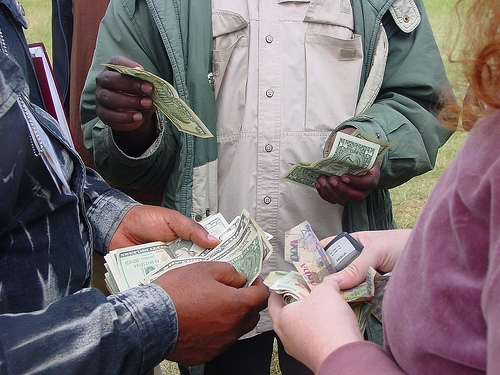
Check Exchange Rates
- XE.com - Currency and Foreign Exchange Site
Independently ranked as the world's favorite free Internet currency tools and services.
Traveling with a Weak Currency
However, I have spent a lot of my life travelling with a weak currency - the NZ$ or the South Pacific Peso we used to call it! The hard fact of life is that if your currency is weak overseas travel is going to cost you more. Apart from the radical step of staying home there are few tricks you can to get the best out of your dollar.
Choosing your Overseas Destination
Where you go will make the biggest difference to how much your holiday is going to cost. Your money will go further in South East Asia than in Australia. Australia and New Zealand are cheaper than Western Europe and UK. Eastern Europe is probably on average cheaper than Australia though. Re-arrange your travel plans to fit your money situation.
Reducing your Exchange Rate Risk
Most of overseas trips are months or years in the planning. While you are in the planning stages of the trip work out which are the key currencies for your trip. Obviously if you are going to Europe the Euro will be the currency you want to track. Keep an eye on it - subscribe to a financial news feed . Without getting technical about it you will get a feel for whether the currency is going up or down. You may even guess right! But if you don't get guess it right the approach is to spread your risk. In other words spread the times that you buy foreign currency.
Pre-purchase foreign cash when you think the rate is good, but remember to also use credit/debit cards on holiday - months later. So maybe one will be a better or worse exchange rate - but at least you've averaged your risk!
If the rate is good while you are travelling use cash advances on your debit card. If your home currency drops then use your credit card and hope that the rate improves when the card is charged - which can be days or weeks later in some countries.

